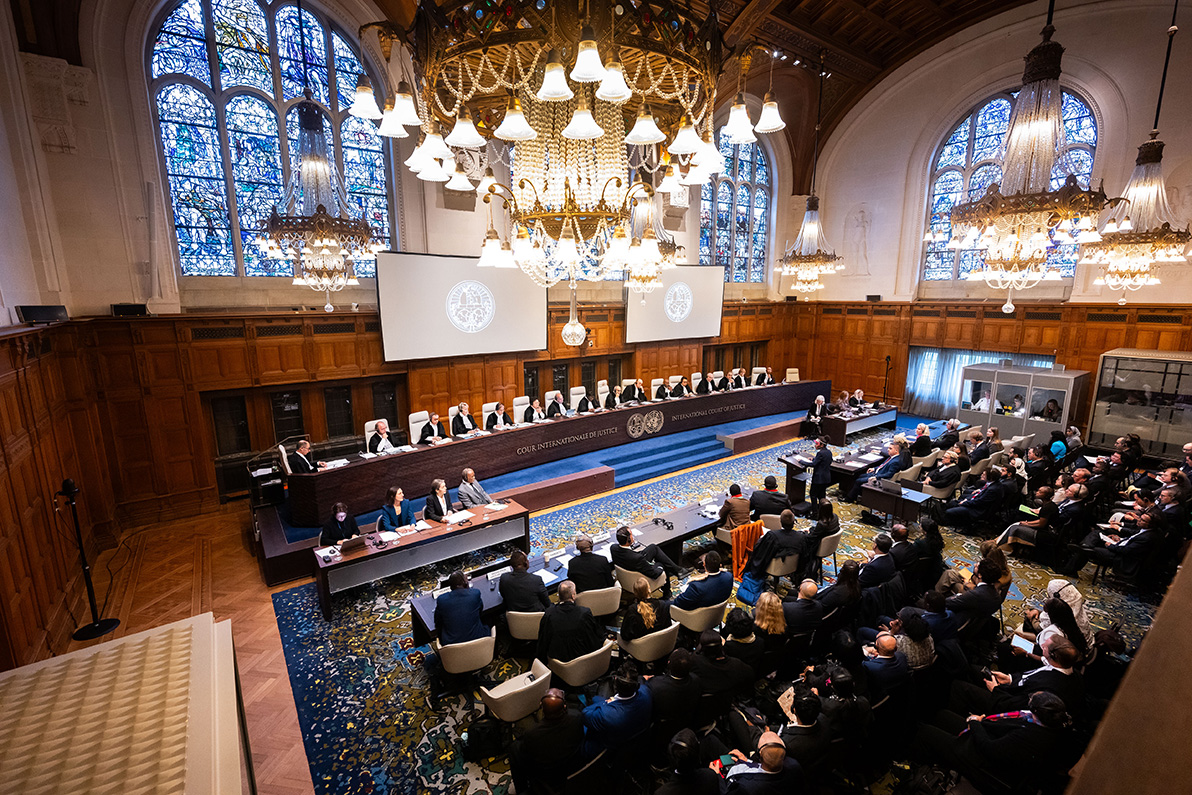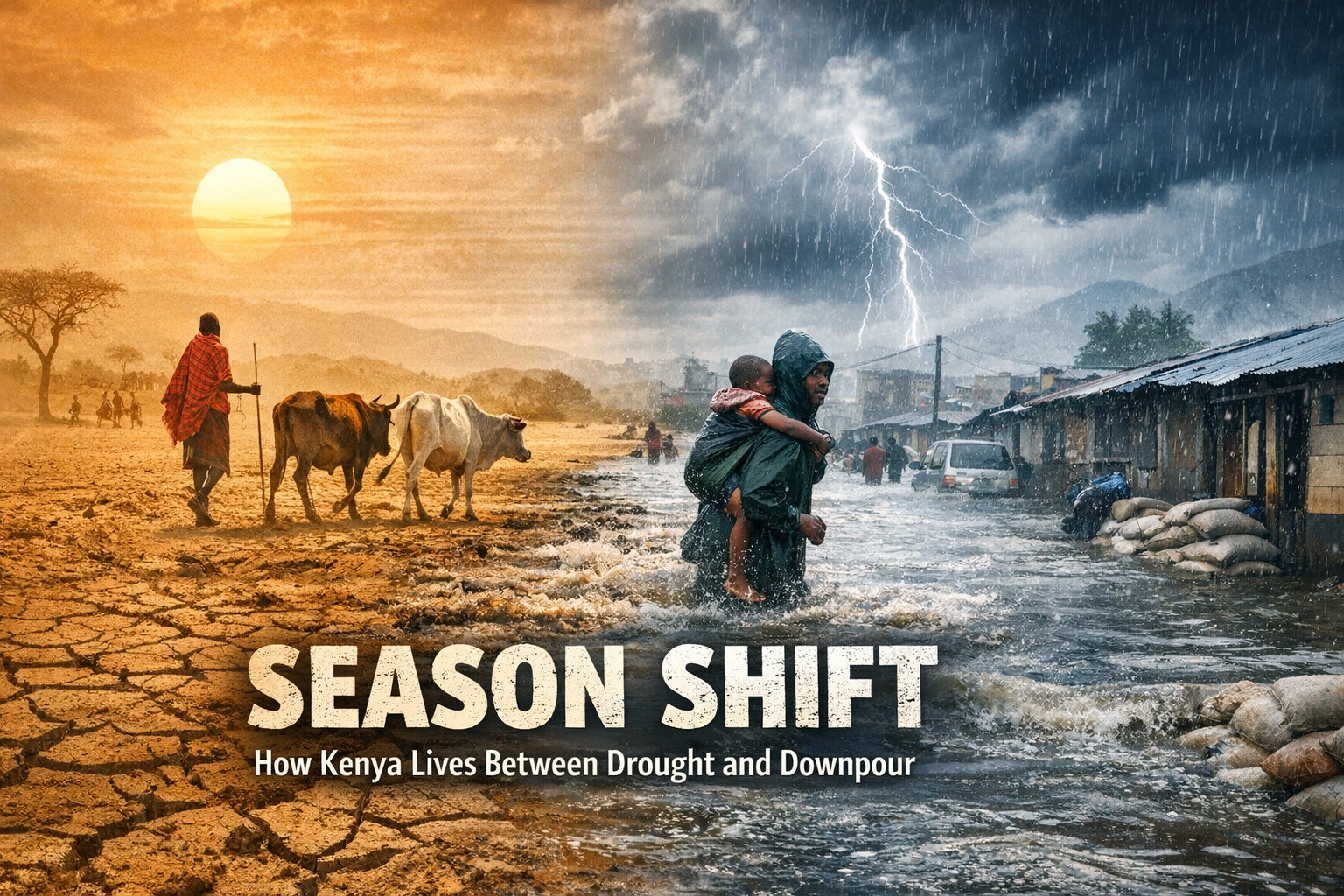- For years, countries most affected by climate change have been trapped in a cycle of advocacy without authority, where the voices of those facing the worst consequences carried little legal weight.
- By affirming that inaction on climate change can amount to a violation of international law, the ruling grants new standing to those who have long borne the brunt of global emissions without the corresponding leverage to influence change.
In a historic shift that could redefine global climate dynamics, the International Court of Justice (ICJ) has delivered a powerful advisory opinion declaring that states are legally obligated to prevent environmental harm and protect both present and future generations from the effects of climate change.
While much of the global focus has been on the potential for lawsuits and financial compensation, a deeper, less discussed impact is beginning to take root—the legal and symbolic empowerment of climate-vulnerable nations.
For years, countries most affected by climate change have been trapped in a cycle of advocacy without authority, where the voices of those facing the worst consequences carried little legal weight.
The ICJ’s declaration offers a subtle yet transformative correction to that imbalance. By affirming that inaction on climate change can amount to a violation of international law, the ruling grants new standing to those who have long borne the brunt of global emissions without the corresponding leverage to influence change.
This moment reframes vulnerability not as weakness but as a form of legal significance. The recognition that failure to reduce emissions, regulate polluters, or safeguard ecosystems may be considered an internationally wrongful act provides a platform for states often overlooked in international decision-making.
Read More
It validates their experiences not only as environmental realities but as legal injuries—opening a new chapter where claims can be made not from desperation, but from a place of rightful demand.
The court’s framing of a clean, healthy, and sustainable environment as a human right further amplifies this shift. It strengthens the argument that environmental protection is not a policy preference but a legal and moral necessity.
The door is now open for new strategies—within national courts, multilateral forums, and global negotiations—where climate harm can no longer be dismissed as unfortunate but unavoidable.
The ruling marks a pivotal shift in how climate responsibility is understood and enforced, with the potential to shape national policies, influence international negotiations, and strengthen the role of law in environmental governance.
It underscores that legal systems are no longer passive observers in the climate crisis, and that failure by states to act can no longer be dismissed as oversight—it may now be seen as a breach of legal duty.
This development may not bring immediate relief from floods, droughts, or heatwaves—but it changes the foundation upon which climate justice can be pursued. The message is unmistakable: global environmental responsibility is no longer a suggestion; it is a shared duty under law.







